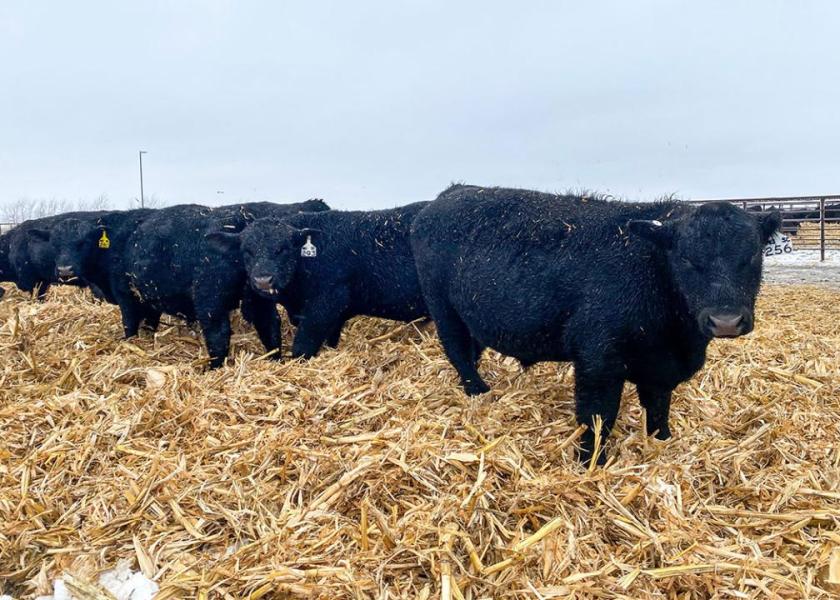What's A Good Bull Worth?

The question that has been asked forever, or at least as long as we have been breeding cattle with a notion of trying to make the next generation better. It is a classic and timeless question. It is an important question. At this time of year, when many bulls are being marketed and we are planning ahead for spring breeding season, it is the question that is asked a lot! Perhaps it is all the above because it is so challenging to answer.
The Answer
I remember first hearing the answer nearly 40 years ago as a student at OSU. “A good bull is worth the value of five calves he sires”. I’ve heard that answer again many times over the years. I believe it is a good answer and a good rule of thumb to follow, the problem is it doesn’t exactly narrow down the range. If we do a little math, this answer may in fact lead to more questions. Such as ………
When are we marketing our Calves? What is their Value?
According to the most recent USDA Cattle Market Report:
500 lb. weaned steer calves (Large, 1) are worth about $2.00/lb. for a value of $1,000 per head. Therefore, if my future marketing plan is to sell weaned steers, $1,000 x 5 = $5,000 is the answer.
875 lb. yearling steers (Large, 1) are worth about $1.57/lb. for a value of $1,374 per head. Therefore, if my future marketing plan is to sell yearling steers, $1,374 x 5 = $6,869 is the answer.
920 lb. beef carcasses are worth $2.26/lb. for a value of $2,079 each. Therefore, if my future marketing plan is to retain ownership through finishing and sell fed cattle on a carcass value basis, $2,079 x 5 = $10,395 is the answer.
So, in the current market, a good bull is worth somewhere between $5,000 - $10,395 to a commercial cattle operation. Where exactly in that range depends on your marketing plan and the market conditions at that time. Not an exact number because there are “many layers to this onion”. One important point illustrated here is that the longer you will own the offspring before marketing, the greater the amount you can afford to pay. Retained ownership gives you more time and opportunity to capture the value of your investment in genetics.
And we haven’t even considered the value added to replacement females if we select daughters as our next generation of cows. More on that next week when we discuss looking at your unique operation to shed more light on this question and determine where to apply selection pressure. Until then, keep the following chart in mind as another way to evaluate ownership cost of bulls on a per cow or annual basis.








